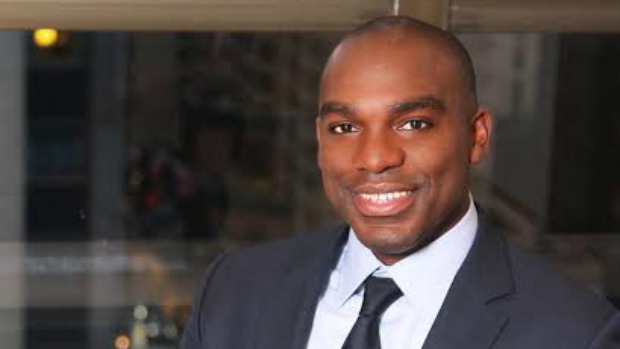You think you’ve found the perfect candidate for your team, but there’s one more step you need to take before officially offering her the job: reference checks. Instead of seeing reference checks as one final hurdle, take them as an opportunity to really get to know the candidate.
When you think about it, there are really two kinds of references: the usual kind of reference in which you check in with the people your candidate has recommended, and the “around-the-back-door” reference in which you check in with people you know who also know the candidate. Here’s how get the most out of both scenarios.
Let’s take the usual kind of reference first, when you’re blindly calling someone the candidate provided. During the conversation:
Always ask how the reference knows the candidate. He might have managed your candidate for five years or be the candidate’s brother-in-law; you don’t know until you ask. Some candidates pick people as a reference who are well known in their field but whom they haven’t worked closely with. A fame-based reference isn’t helpful to you as a manager.
Compliment the candidate, and describe the job. Remember the reference was chosen by the candidate and will want you to like the candidate, too. Describing the job helps orient the reference. Follow up with, “What aspect of this job will play to Chris’s strengths?” and “What will be new to Chris in this job?”
Never show any skepticism or negativity toward the candidate or the reference will clam up out of sheer loyalty. It won’t help your reputation either if the reference gets back to the candidate about you.
Collect input from all the people who interviewed the candidate and focus on one or two concerns to check out. For example, suppose that you and the interview team think that Jodi may be overstating his accomplishments. Try open-ended questions like these, “What were Jodi’s responsibilities in the merger?” or “Tell me a little about the product development team Jodi worked on.” Then match what the reference says to what Jodi said. Did Jodi overstate her role?
Stay grounded in the facts. Cut through any gushing about how wonderful the candidate is by asking what he or she actually did. “It’s great her presentation was so successful, but tell me a little more about the content of the presentation and what made it so persuasive.”
Don’t interrupt. Let the reference talk on and on. Sometimes a reference will drift from the script and give you important information if you just wait a little.
“Around-the-back-door” references can shine a different light on a candidate. The challenge is finding the right connection. If someone doesn’t immediately come to mind, look at professional associations and past employees to see if there’s any overlap. LinkedIn is always a good place to check as well.
Talking to someone you know allows you to ask questions that a candidate’s own references might not answer as objectively: “What is Lee’s reputation as a manager?” “What do colleagues and clients think of Lee?” “Would you say he’s good at mentoring and developing his staff?” Again, be sure to ask how your reference knows the candidate, and follow through with specifics, such as, “Can you give me an example?”
Your objective with both approaches is the same. You want to develop a complete picture of the person you are considering by matching what you and your interviewing team learned to what the references say. Your references should confirm or deepen your understanding of the candidate.
In the unusual event that there is a discrepancy between your own understanding and what you hear from one or more references, take the time to go back and ask the candidate to explain. You may find that it is nothing to be concerned about.
After using these tips for checking references, if you make your candidate the offer, you can feel confident that you and your hiring team have made a good choice—and you will have the star employee you are looking for.



